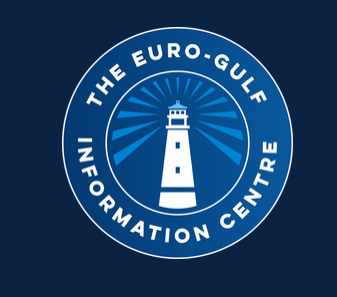Europe’s Future: A Look Ahead of the Next EU Parliamentary Mandate

ROME - Amidst the backdrop of the Conference on the Future of Europe and amidst unprecedented challenges and multiple crises, the Euro-Gulf European Center (EGIC) has advanced proposals aimed at charting the course for the forthcoming parliamentary mandate.
During a discussion hosted by EGIC director Matthew Robinson, featuring speakers Lars Patrick Berg (a German politician representing Bundnis Deutschland) and Piercamillo Falasca (an advisor on institutional relationships for Enzima 12), attention was directed towards potential reforms intended to bolster the EU's ability to take action and amplify the voice of its citizens. Undoubtedly, the European Parliament occupies a central role in shaping the trajectory of our continent. The impending mandate holds the prospect of legislative endeavors and policy initiatives that could steer European integration and delineate the bloc's response to global challenges in the years ahead.
Among the key considerations for implementation are the adoption of a more bicameral system and the mitigation of deadlocks within the Council, achieved through increased employment of qualified majority voting and the establishment of considerably greater transparency within the Council by publicly disclosing member state positions on legislative matters.
Additionally, members of the European Parliament advocate for heightened EU-level cooperation, particularly in empowering the EU with authority over environmental concerns, and in sharing EU competencies across various domains such as public health (with a focus on cross-border health threats, including sexual and reproductive health and rights), civil protection, industry, and education. Existing shared competencies ought to be further developed in areas such as energy, foreign affairs, external security and defense, external border policy, and cross-border infrastructure.
With MEPs reaffirming their call for amendments to the EU Treaties and urging the Council to promptly submit the proposals to the European Council without delay, the responsibility now falls upon the EU heads of state or government to convene a Convention—a decision requiring a simple majority vote.
© COPYRIGHT ITALIAN INSIDER
UNAUTHORISED REPRODUCTION FORBIDDEN


